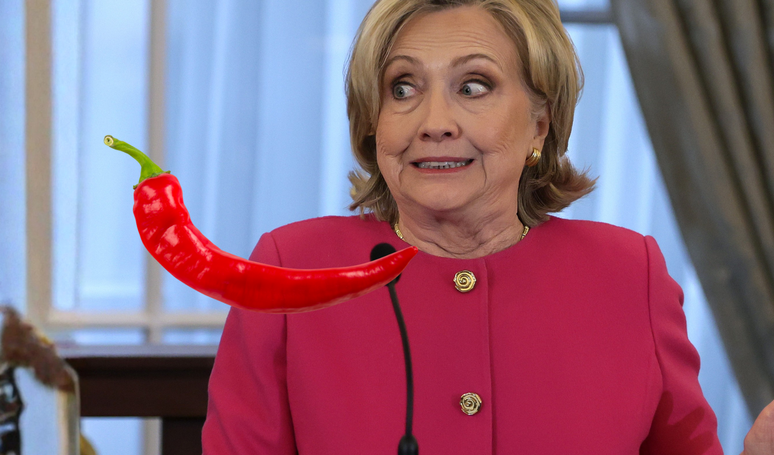The UN climate chief on Saturday called on the leaders of the world’s largest economies to send a signal of support for global climate finance efforts when they meet in Rio de Janeiro next week, to help spark a deal in COP29 negotiations.
The appeal, made in a letter to G20 leaders by the UN’s top climate official, Simon Stiell, comes at a time when negotiators at the COP29 climate conference in Baku are struggling for an agreement focused on increasing resources aimed at addressing the worsening of climate change and the impacts of global warming.
“Next week’s meeting should send clear global signals,” Stiell, executive secretary of the United Nations Framework Convention on Climate Change, said in the letter.
He said leaders should support increased grants and loans, along with debt relief, so that vulnerable countries “are not burdened by debt service costs that make bolder action virtually impossible.”
Business leaders reiterated Stiell’s call, saying they were concerned about the “lack of progress and focus in Baku.”
“We call on governments, led by the G20, to rise to the occasion and implement policies for a rapid transition from fossil fuels to a clean energy future, to unlock essential and necessary private sector investment,” a coalition said of business groups in a separate letter.
Groups included the We Mean Business Coalition, the United Nations Global Compact and the Brazilian Council for Sustainable Development.
Ana Toni, a Brazilian climate authority, said at a news conference that she expects the G20 meeting to provide “a very strong signal on climate”, saying this is vital for the Baku negotiations.
ANNUAL FINANCIAL OBJECTIVE
The success of this year’s UN climate meeting depends on countries being able to agree on a new annual financial target for richer countries, development creditors and the private sector. Economists say developing countries will need at least $1 trillion a year by the end of the decade to address climate change.
But negotiators have made slow progress in two weeks. A draft of the agreement, which earlier this week was 33 pages long and included dozens of wide-ranging options, was reduced to 25 pages this Saturday.
Swedish climate envoy Mattias Frumerie told Reuters that financial negotiations had not yet resolved the most difficult questions, such as how big the target should be or which countries should pay.
“The divisions we saw at the meeting still exist, which leaves a lot of work for ministers to do next week,” he told Reuters.
Samir Bejanov, deputy chief negotiator of COP29, encouraged nations to overcome their differences.
“In the last few days, some people have doubted whether we could collectively keep the promise. It’s time for negotiators to start proving people wrong,” he told reporters.
European negotiators said major oil-producing nations, including Saudi Arabia, were also blocking discussions on how to take forward last year’s COP28 agreement in terms of steering the world’s transition away from fossil fuels.
Saudi Arabia’s government did not respond to a request for comment.
So far, progress on this issue has been abysmal, a European negotiator complained to Reuters.
Uganda’s Energy Minister Ruth Nankabirwa has said her country’s priority is to emerge from COP29 with an agreement on affordable financing for clean energy projects.
“When we look around and we don’t have resources, we wonder if we will ever be able to travel the journey of a true energy transition,” he told Reuters.
Source: Terra
Rose James is a Gossipify movie and series reviewer known for her in-depth analysis and unique perspective on the latest releases. With a background in film studies, she provides engaging and informative reviews, and keeps readers up to date with industry trends and emerging talents.







